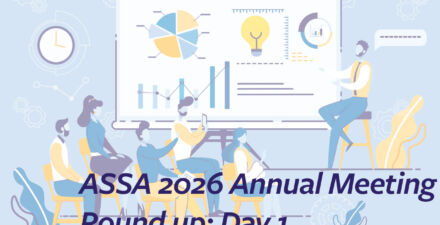Paid leave—including parental leave for new parents, medical leave to care for one’s own serious illness, and caregiving leave to provide care for loved ones—is a critical element of family economic security. Women’s labor force participation in the United States has played a key role in economic growth, yet it has also left millions of families to navigate the conflict between their care and labor market responsibilities, a problem that will only grow worse as the U.S. population ages. Six states plus Washington, DC have enacted paid leave laws, additional states and localities are considering paid leave legislation, and multiple policy proposals exist at the federal level as well. Equitable Growth is accelerating the growth of the knowledge base that informs policymaking at the local, state, and federal level to ensure that solutions to family caregiving challenges work for families, employers, and the economy as a whole.
Featured work
Emergency paid leave during the COVID-19 pandemic offered essential protections for U.S. workers
September 23, 2025
September 23, 2025
The hidden trade-offs of nonwage job amenities for U.S. workers
June 10, 2025
June 10, 2025
Recent research shows how paid leave impacts women’s employment and financial security in the United States
December 13, 2024
December 13, 2024
What is social infrastructure, and how does it support economic growth in the United States?
January 26, 2023
January 26, 2023
Frequently asked questions about paid sick time for U.S. workers and their families and the broader U.S. economy
November 30, 2022
November 30, 2022
Factsheet: What does the research say about the economics of paid leave?
April 22, 2021
April 22, 2021
Explore Content in Paid Leave175
ASSA 2026 Round-up: Day 1
January 4, 2026
January 4, 2026
Emergency paid leave during the COVID-19 pandemic offered essential protections for U.S. workers
September 23, 2025
September 23, 2025
Fitting the Bill? The First Federal Paid Leave Mandate
September 23, 2025
September 23, 2025
The hidden trade-offs of nonwage job amenities for U.S. workers
June 10, 2025
June 10, 2025
Request for Proposals: The economic effects of the Inflation Reduction Act
April 2, 2025
April 2, 2025
Recent research shows how paid leave impacts women’s employment and financial security in the United States
December 13, 2024
December 13, 2024
Request for Proposals: Promoting competition and supporting workers in an era of AI innovation
November 20, 2024
November 20, 2024
Request for proposals: Research grants for early career scholars
October 30, 2024
October 30, 2024
A researcher’s guide to identifying policy-relevant research questions for the federal government
May 30, 2024
May 30, 2024
Request for Proposals: How effective was the fiscal response to the COVID-19 recession for workers?
March 18, 2024
March 18, 2024
Request for proposals: Research grants for early career scholars
November 30, 2023
November 30, 2023
Explore the Equitable Growth network of experts around the country and get answers to today's most pressing questions!















